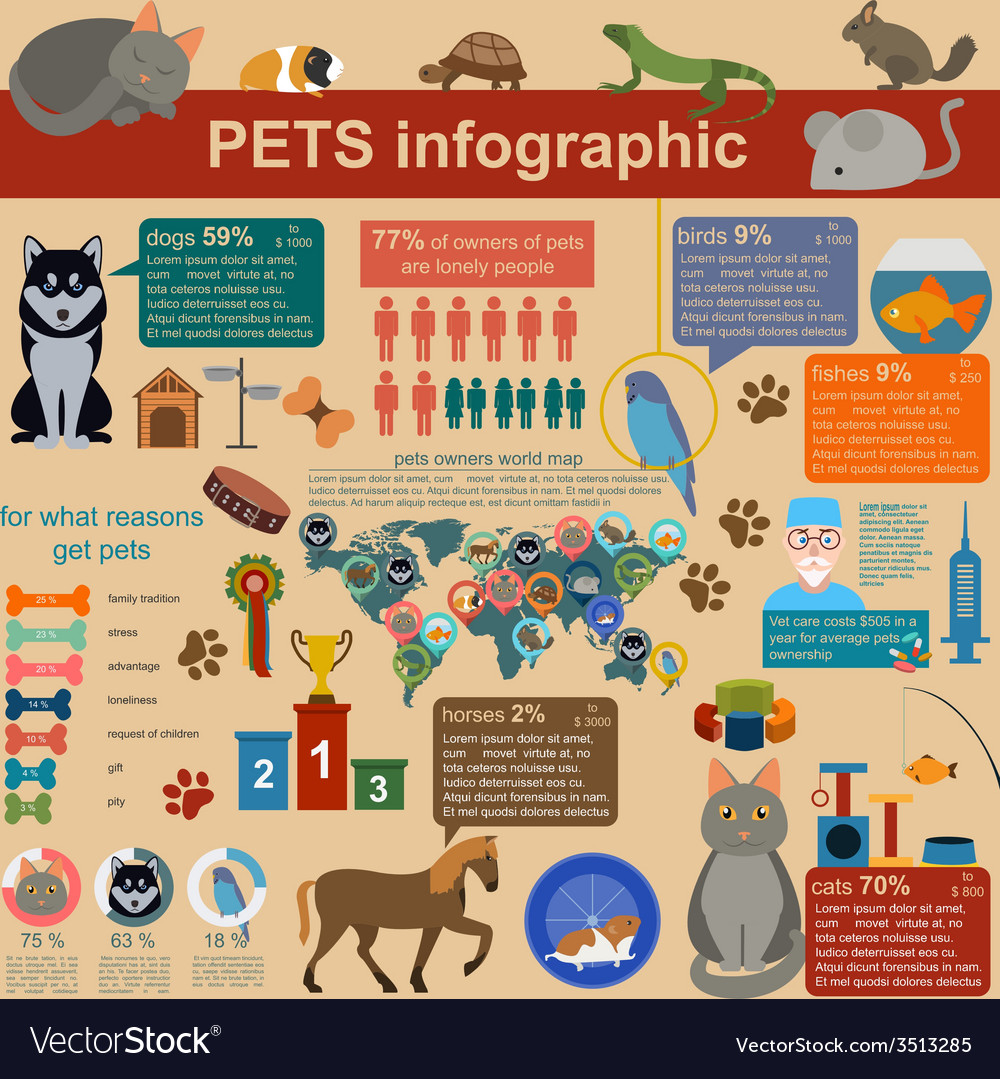Dog Daycare Pickup Procedure
Dog Daycare Pickup Procedure
Blog Article
Can Pet Dog Childcare Cause Illness?
Opportunities are that if your canine is frequently exposed to various other pet dogs, even if they're correctly vaccinated, they might get home with some sort of health problem. Vaccinations, normal veterinary checkups, and great hygiene techniques can lessen risk variables for infection and illness.
Emphasized or distressed pet dogs can create stomach troubles and various other wellness concerns that are conveniently spread out in between pets. Developing age constraints and behavior regulations can aid make certain that just healthy and balanced pets enter your center.
Distemper
Canine distemper is a significant and usually deadly infection that strikes a pet dog's respiratory system, digestive system, skin and body immune systems. Young puppies are particularly prone and can acquire the illness with direct contact with an infected animal or through the air-borne transmission of infection bits discharged throughout coughing, sneezing or taking a breath.
The incubation period for canine distemper is between 3 and 7 days. While puppies at day care might appear to capture parvo from one more infected canine, it's unlikely since the incubation duration is so brief.
While there is no remedy for canine distemper, helpful care can help dogs recoup. This consists of liquids, prescription antibiotics and medicines to control seizures. The Drake Facility for Vet Treatment notes that signs include runny eyes and nose, looseness of the bowels, throwing up, loss of appetite and neurological problems such as twitching and tremors. Pups require a full vaccination collection and annual boosters to safeguard them against this disease, which is why trustworthy pet day care centers require current inoculations.
Kennel Cough
Kennel Cough (Pooch Transmittable Tracheobronchitis) is an extremely infectious upper respiratory system condition caused by bacteria and infections. It spreads through air-borne beads from a cough or sneeze, straight call, and sharing of polluted objects such as playthings or water bowls. It is native in places where many pets are housed close together, such as kennels, pet dog parks, grooming hair salons and programs. A number of vaccines are readily available to safeguard against the virus that trigger kennel cough, and correct hygiene practices can aid avoid infection.
The classic signs and symptom is a dry, hacking cough comparable to that of a goose honk, and most pets recuperate with little intervention. Nonetheless, serious instances can cause pneumonia, and puppies or pets with pre-existing disease are at greater risk for difficulties. To accelerate recuperation, utilize a harness instead of a collar while your pet is recuperating to avoid irritability to the windpipe. A humidifier may additionally assist to dampen the air and avoid dry coughing.
Parvovirus
Parvovirus (CPV) is a severe disease in dog boarding kennel pet dogs. It is similar to feline panleukopenia (feline distemper), however it's much more dangerous and can spread promptly among pets because of its exceptionally durable nature.
This virus assaults the intestinal cellular lining of a dog, damaging it and causing microorganisms to slough off right into the bloodstream. The damaged immune system and overwhelming microorganisms cause septic shock, which is usually fatal.
The good news is, veterinary health centers provide reliable treatment for parvovirus. These medicines are offered directly right into a client's blood stream and targeted towards the certain pressure of parvovirus. This treatment approach is highly efficient and aids retrain the body immune system to fight off the infection. Pet dogs with extreme symptoms are commonly hospitalized for several days for tracking and extensive care to guarantee their survival. Puppies, unvaccinated canines and pets with weak immune systems are especially at risk to parvovirus. This is especially true for pups born to stray mommies and shelter atmospheres, where they are revealed to many various other unwell and vulnerable pet dogs.
Pooch Influenza
Dog flu (CIV) is a contagious breathing condition that can be caused by canines sharing polluted surface areas or direct contact with breathing secretions. CIV spreads conveniently in environments where there are high numbers of canines, such as pet parks, daycares, grooming centers and vet facilities.
Infected canines dropped the infection via aerosol respiratory droplets when coughing or sneezing, and may pollute things they come into contact with like cages, toys, food bowls, chains and the hands and apparel of individuals who handle them. Pet dogs can additionally be "quiet carriers" spreading the virus without showing any type of signs and symptoms themselves.
Symptoms of canine influenza include sinus and eye discharge, coughing, high temperature, anorexia nervosa, and weak point. The infection can proceed to pneumonia, which can be fatal in some canines. PCR viral testing is offered for verification of infection. Preferably, examples (generally deep nasal or pharyngeal swabs) for PCR testing should be gathered within 4 days of the beginning of scientific indicators.